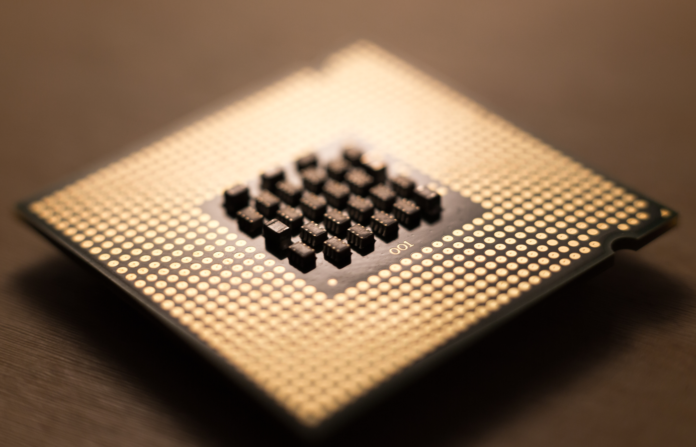Just days before President Biden is set to leave office, his administration proposed new restrictions on exporting advanced computer chips used to develop artificial intelligence. While government officials say the new limitations are essential to help maintain U.S. dominance in AI, tech companies are pushing back on the proposed rules, claiming that they will damage the US economy.
Proposed Restrictions on AI Chip Exports
While the export restrictions—officially called the “Artificial Intelligence Diffusion” Rule—are primarily intended to target China, the list of affected countries numbers 120 and includes Mexico, Portugal, Switzerland, and other nations not considered adversaries of the United States. Only 18 allies, such as the UK, would be fully exempt from the rule.
However, the framework does outline some exceptions to the rule. For example, chip orders with collective computation power below ~1,700 advanced GPUs would not require a license or count against national chip caps. The majority of chip orders fall into this category, such as those placed by universities and medical or research institutions.
“The United States must act decisively to lead this transition by ensuring that U.S. technology undergirds global AI use and that adversaries cannot easily abuse advanced AI, the Biden Administration said in a fact sheet released on Monday.
Tech Companies Push Back on AI Chip Restrictions
Multiple tech and AI companies have publicly pushed back on these restrictions. One of the most outspoken businesses has been NVIDIA, among the largest semiconductor manufacturers in the world. NVIDIA stands to lose significant business and profits if the proposed restrictions are upheld.
In a statement, NVIDIA’s Vice President of Government Affairs Ned Finkle wote that global AI progress “is now in jeopardy” because of the restrictions, which he called “misguided” and a “sweeping overreach.” Finkle said the AI Diffusion rule “threatens to derail innovation and economic growth worldwide.”
Finkle said that, while the rule is intended to throttle Chinese AI models, it would stifle innovation worldwide and weaken American competitiveness in AI technology. He also claimed that the restrictions “would do nothing” to promote U.S. security.
The proposed rule is not enforceable for 120 days, which is the length of the comment period. The outgoing Biden administration has also stated that it will be up to the incoming Trump administration to decide whether or not to follow through with the proposed restrictions. It remains to be seen how strongly the incoming administration plans to oppose Chinese AI development.
